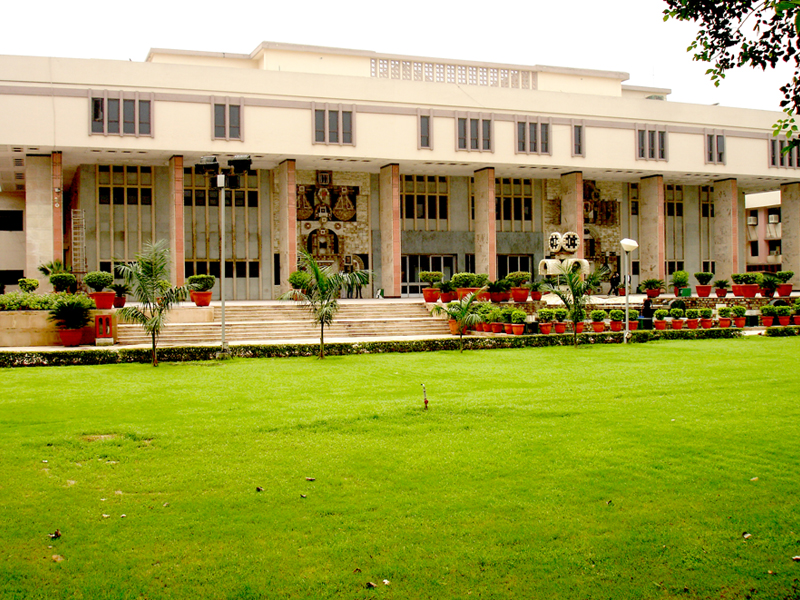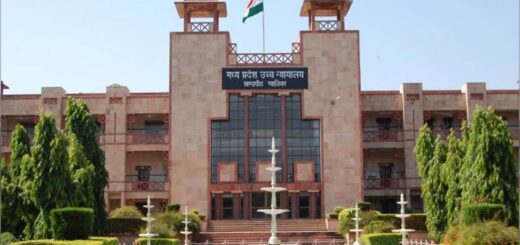Compensation given under SC/ST rules must be returned if legal actions are stopped after both parties reach a friendly agreement, according to the Delhi High Court.

The Delhi High Court has ruled that any compensation received under the SC/ST Rules must be returned if legal proceedings are stopped due to a friendly settlement between the parties. The Court rejected a Writ Petition from the Petitioner who wanted a higher compensation under the Scheduled Castes and Scheduled Tribes (Prevention of Atrocities) Act, 1989, after the FIR was dismissed following the settlement. The Bench noted that the settlement and the quashing of the FIR “significantly weakens the Petitioner’s claim for additional compensation.” Justice Sanjeev Narula stated that “the compensation process under the SC/ST (Prevention of Atrocities) Act and the Rules is closely tied to the ongoing legal actions. The purpose of the Act and the Rules is to prevent crimes against Scheduled Castes and Scheduled Tribes by ensuring that offenders face prosecution and that victims receive support during the legal process. Compensation is meant to aid in achieving justice, not to serve as a final goal.”
Advocate Akash Tandon represented the Petitioner, while Advocate Harshita Nathrani represented the Respondents. After the FIR was filed under various sections of the Act, the Petitioner sought compensation under Rule 12(4) of the Scheduled Castes and Scheduled Tribes (Prevention of Atrocities) Rules, 1995. Initially, the FIR was registered, but the Petitioner later submitted a letter stating that the issue had been resolved amicably. A Memorandum of Understanding (MoU) was then signed between the Petitioner and the accused, leading to a request for the case to be closed. The High Court later quashed the FIR after confirming the settlement.
The High Court stated that canceling the FIR removes the legal grounds for compensation under the SC/ST (Prevention of Atrocities) Act and its Rules. Compensation relies on prosecuting offenses and the victim’s involvement in the legal process to seek justice. The Court referenced a decision from the Allahabad High Court in the case of Jhabbu Dubey Alias Pradeep Kumar Dubey v. State Of U.P., which determined that if a victim settles with the accused, any compensation received must be returned to the State government. The Bench noted that courts cannot increase compensation under the SC/ST Act when the FIR, which is essential for the compensation claim, is canceled due to a settlement.
In this case, the FIR has been canceled after the parties reached an agreement. Therefore, the Court cannot order an increase in the compensation for the Petitioner. The Court concluded that when the victim and the accused settle the matter, the basis for claiming victimization under the Act is removed. Thus, granting full compensation in such cases would go against the law’s intent. As a result, the High Court dismissed the Petition.
Cause Title: Balbir Meena v. State (NCT of Delhi) & Ors. (Neutral Citation: 2024:DHC:9357)
Appearance:
Petitioner: Advocates Akash Tandon and Shivam Bajaj
Respondents: Advocate Harshita Nathrani








